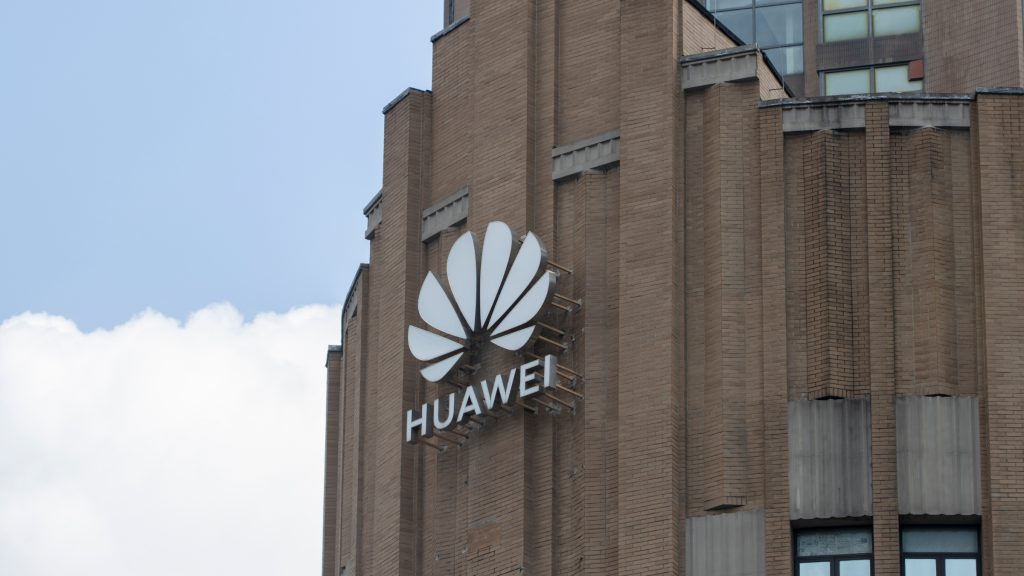
On August 23, Huawei Technologies begun working on restructuring its cloud computing role in edge AI, with an underlying focus for the giant’s cloud business to become profitable in 2025, according to Huawei Central.
The Huawei cloud AI strategy unit that works on building new models, cloud products, and data center operations began restructuring by consolidating some of the big departments to put more focus on AI, two employees who spoke on condition of secrecy because the matter is confidential said.
It’s unclear how many staff will be impacted, as most could be reallocated to other roles in the Huawei tech self-reliance company, the source said.
China Tech Self Reliance Against the US
HuaweiTechnologies told local media, National Business Daily,that the restructuring will “continue to create more advanced and valuable cloud services for customers through software and hardware collaboration and architectural innovation.”
The company also confirmed plans to increase investment in cloud computing AI industries.
The changes were communicated internally by CEO Huawei’s cloud division, Zhang Pingan.
According to a report from Sina.com, the unit’s core operations will be reorganized into six divisions, covering China cloud service market, storage, databases, and cybersecurity.
In 2024, Huawei Cloud, which recorded $9.6 billion (68.8 billion yuan) in revenue, nearly 10% of the company’s total is under pressure to deliver profitability after losses last year.
Analysts say the restructuring signals Huawei’s determination to capture growth in Huawei cloud unit for AI services, especially as Washington tightens restrictions on China’s access to advanced semiconductors.
Going Against Nvidia’s AI Dominance
Enterprise AI solutions come as the Chinese giant doubles down on AI development to counter the US’ Huawei semiconductor sanctions, to position itself as a local alternative to American chipmakers like Nvidia, whose products are now restricted from being sold in China.
Earlier this year, Huawei introduced the CloudMatrix 384 system, a direct rival to Nvidia’s NVL72 system. It also open-sourced its Compute Architecture for Neural Networks (CANN) toolkits, seen as competitors to Nvidia’s CUDA software, and unveiled a Unified Cache Manager algorithm to reduce reliance on costly high-bandwidth memory chips.
These moves highlight Huawei’s push to build a big cloud computing role from hardware to software at a time when demand for AI solutions is heightening across Chinese industries.
The Huawei AI strategy transition toward AI comes against the setting of its reputation as a symbol of Chinese technological self-reliance. Employees at the company remain highly sought after by rival firms eager to tap into its expertise.
Over the weekend, on the Chinese social platform RedNote, individuals claiming to be recruiters from Alibaba and Didi Chuxing posted offers targeting Huawei workers, promoting competitive packages for those leaving amid the restructuring.
This shows how Huawei’s position at the heart of China’s AI infrastructure, where its strategies often ripple across the wider industry.
Huawei has consistently referred to its cloud computing roleand AI businesses as fundamental to its long-term survival plan against US sanctions and its quest to be a leader in next generation technologies.
Huawei has not commented publicly on the recent restructuring except for statements made to Chinese media.
Inside Telecom provides you with an extensive list of content covering all aspects of the tech industry. Keep an eye on our Intelligent Tech sections to stay informed and up-to-date with our daily articles.